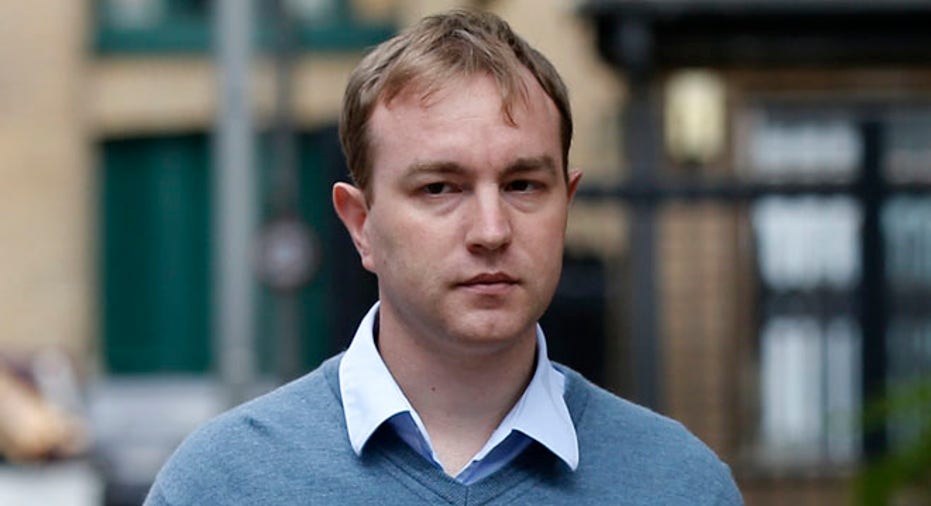Former Trader Tom Hayes Guilty in First Libor Trial

Tom Hayes, a former UBS and Citigroup trader, was found guilty of charges of conspiracy to defraud on Monday as a jury delivered its verdict in the first trial of a defendant accused of Libor interest rate rigging.
Hayes, a 35-year-old former yen derivatives trader, faces up to 10 years in jail for each count of conspiracy over the manipulation of the London interbank offered rate (Libor), a crucial benchmark for around $450 trillion of financial contracts and consumer loans, between 2006 and 2010.
The London trial that kicked off on May 26, marks a new phase in a seven-year, global inquiry that has seen 21 people charged and some of the world's most powerful banks and brokerages pay around $9 billion in regulatory settlements.
Britain's Serious Fraud Office (SFO) alleged Hayes set up a network of brokers and traders that spanned 10 leading financial institutions and cajoled and at times bribed them to help rig rates, designed to reflect the cost of inter-bank borrowing, for profit.
The prosecution said he simply ignored "red flags" as a global investigation into Libor rigging allegations, instigated by U.S. regulators at the height of the credit crisis in 2008, gathered momentum in 2009 and 2010.
Hayes, who has been diagnosed with mild Asperger's Syndrome, said during his trial he had been transparent about trying to influence rates and that his managers were aware of and condoned trading methods that were common industry practice.
He said he received no training, that Libor was at the time unregulated, his requests for rate levels fell within a "permissible" range and that he left a trail of emails and computer chats because he didn't think he was doing anything wrong.
"(I was) either the stupidest fraudster ever because I wrote everything down, or there was an element of me that genuinely didn't think about it," Hayes has said in documents shown to the court. "I might be a lot of things, but I'm not stupid."
During 82 hours of interviews with SFO investigators in the months following his arrest in December 2012, Hayes admitted dishonesty. But he told the court he had only confessed because he was desperate to be charged in Britain to avoid extradition to the United States, where he also faces fraud-related charges.
Hayes subsequently withdrew from a cooperation agreement with the SFO and pleaded not guilty in December 2013. (Editing by David Holmes)



















